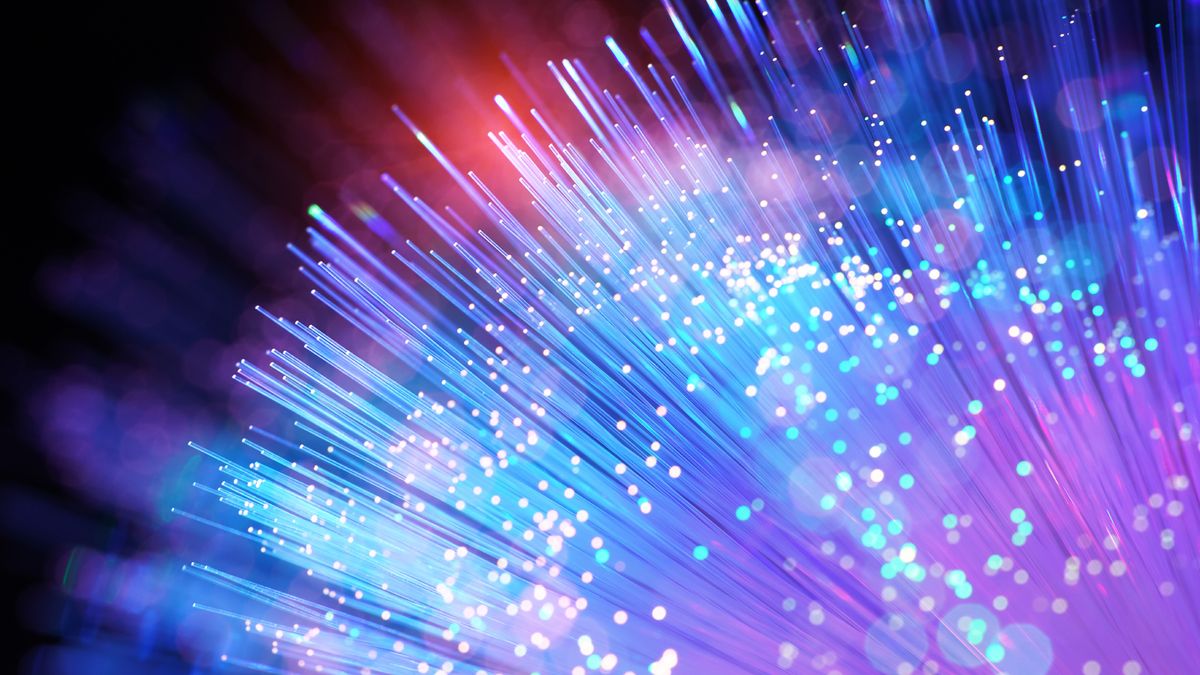Intel dumped its Xe-HPC GPU accelerators in favor of Gaudi but is still missing its sales goals with its Gaudi 3 AI accelerator. Thus, Intel is pinning its AI hopes on its next-gen Falcon Shores GPU platform. However, interim co-CEO Michelle Johnston Holthaus said this week that rather than Falcon Shores being a first-gen breakthrough, it would require fast iteration to become a competitive platform.
"We really need to think about how we go from Gaudi to our first-generation Falcon shores, which is a GPU," said at the Barclays 22nd Annual Global Technology Conference. "I will tell you right now, is it going to be wonderful? No, but it is a good first step in getting the platform done, learning from it, understanding how all that software is going to work, how the ecosystem is going to respond, so then we can very quickly iterate after that."
Intel admitted that its Gaudi 3 platform would miss its 2024 sales targets primarily due to imperfect software. At the Barclays Conference, the company shed additional light on the situation, saying that the Gaudi platform is complex to deploy, particularly in large clusters used for training. This is why it is primarily used for inference on the edge.
"Gaudi does not allow me to get to the masses; it is not a GPU that is easily deployed in systems around the globe," said the interim co-CEO. "When you think about those that deploy Gaudi, it is from the largest hyperscalers to smaller customers that are deploying at the edge."
There are good things about Intel's Gaudi platform, too, as it enables the company to learn more about the platform and software design. While the learning from the hardware side of the business can be used for next-generation AI platforms, it remains to be seen how the lessons learned from Gaudi can be applied to entirely different next-gen platforms.
Intel's Falcon Shores is thought to be a multi-chiplet design with Xe-HPC (or at least Xe-HPC-like) and x86 chiplets with unified HBM memory. Integrating x86 CPUs and Xe-HPC GPUs into a single module with unified memory architecture will enable Intel to achieve over 5x higher compute density, memory capacity, bandwidth, and performance per watt compared to February 2022 platforms, the company said in 2022.
Keeping in mind that Falcon shores will adopt both refined architectures and process technologies, it is reasonable to expect this unit to be dramatically faster compared to the company's 2022 products, which are Xeon Scalable 'Ice Lake' processors and the first-gen Gaudi accelerator.
Logically, Falcon Shores will be a learning vehicle for Intel and its ISV partners. The company's Data Center GPU Max 'Ponte Vecchio' has not gained significant traction in the AI realm, so independent software vendors will have to learn how to use Intel's Xe-HPC (or rather Xe-AI?) architecture on Falcon Shores. Since developing AI software takes quite some time, Intel's next-next-gen Jaguar Shores would likely be the first platform with a shot at mass adoption.

 1 week ago
5
1 week ago
5








 English (US) ·
English (US) ·